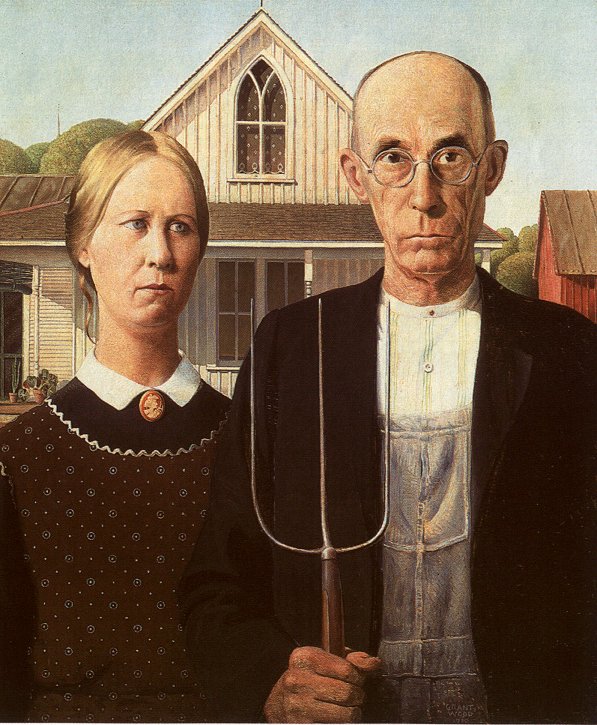
After reading the essays in Changing World of Work having to deal with the service class, it makes me reflect on my experience in that industry. My first job ever was at a pizza place called Marion's, where I was constantly under pressure of time, managers, and customers. It always had a busy rush and it was the same routine over and over again. Just like in "On the Front Lines of the Service Sector," I was very stressed from this job to the point that I eventually quit.
Looking back, I realize that this job and all the other related jobs out there, require more skills than given credit. The time management and customer skills needed to perform these jobs are not really taught anywhere in school. They are things that are learned, referred to as "local expertise" in the essay. Yes, these jobs are jobs that no one wants, but that is because of all the pressure involved with the low pay.
Reading "Scripted Talk" changes the way I feel about going to Starbuck's for coffee in the morning. The fact that they have a certain timed list that they have to follow to greet the customers seems very robotic to me. It makes conversing with them feel more artificial, because it is. I like the way at the end of the essay, the nonhierarchial organizations are run. The more democratic way seems idealistically better, but the final descisions and interests in the company would rely on who? There are many questions that I would like to ak the Seward Cafe and how their processes run.
Looking back again at my job at the pizza place, it was a learning experience. Though these jobs are highly "scripted" and low status, there are many learning opportunities in them. Just like all the essays seem to agree, these job are held by teenage kids who are more than likely holding their first job. Being new to the work force, these jobs can help teach supervisor respect, time management, working under stress, and other little things that can be translated to the real world after the "Mc-Job."







